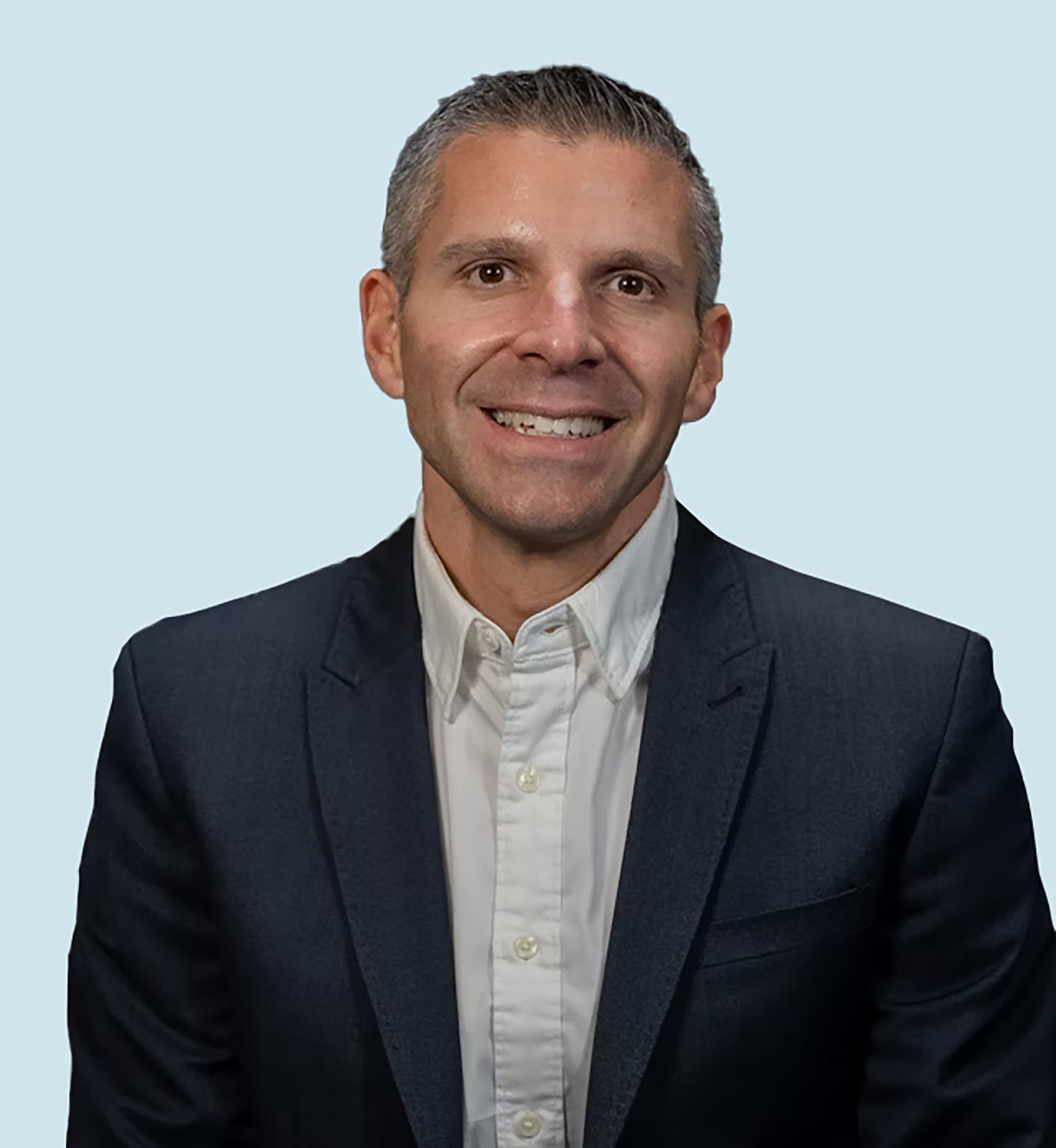
Here’s a look at how students can successfully answer Yale’s supplemental essay questions:
Short Answer Questions
Applicants submitting the Coalition Application, Common Application, or QuestBridge Application will respond to the following short answer questions:
Students at Yale have time to explore their academic interests before committing to one or more major fields of study. Many students either modify their original academic direction or change their minds entirely. As of this moment, what academic areas seem to fit your interests or goals most comfortably? Please indicate up to three from the list provided.
Tell us about a topic or idea that excites you and is related to one or more academic areas you selected above. Why are you drawn to it? (200 words or fewer)
You do not have to commit to a major in high school, or even in your first year of college. And stating an academic direction in your application does not bind you to that major. If you feel committed to a particular area of study, or perhaps two or three areas of study, then you should express your interest(s) here and explain why! There’s not a lot of room, so you’ll need to be succinct. If you’re not sure, that’s okay too, but generally students with an academic focus fare better at highly selective schools. And if you’re unsure, giving Yale a sense of the academic areas that excite you will be very helpful.
Focus on the last part of the question: “[W]hy are you drawn to it” Be sure to tie your interest(s) to your past experiences, both inside and outside the classroom, as well as to your future career goals.
What is it about Yale that has led you to apply? (125 words or fewer)
This essay question is the culmination of your demonstrated interest and a reflection of your “fit” on campus. Universities are constantly trying to assess fit in the same way their applicants are. Craft a thoughtful and honest response here. Think about an answer that accurately reflects your personality and be sure to make connections between your interests and Yale’s unique academic and/or extracurricular offerings. If Yale is your top choice, then this answer should come easily. Students who find themselves forcing the answer may want to reassess their decision to apply.
Applicants submitting the Coalition Application or Common Application will also respond to the following short answer questions, in no more than 200 characters (approximately 35 words):
What inspires you?
Admissions officers use this question to learn more about an applicant’s creative interests. Remember, your source of inspiration can be anything – a book, play, poem, person, movie, painting, music, mathematical equation or photograph, to name several. This prompt can reveal, for example, how art or literature may represent different parts of your life, and/or what you value.
Before sitting down to write, take some time for self-reflection. When writing about your source of inspiration, don’t forget to tie your response back to yourself. Admissions officers are trying to learn more about you as a person, not just the source of your inspiration.
If you could teach any college course, write a book, or create an original piece of art of any kind, what would it be?
This is a great question, and one that will elicit a variety of interesting answers from applicants. This is an opportunity to further discuss your academic interests and show the admissions committee what subjects you’re most excited to learn about (and perhaps teach!).
Look at the Yale course catalog to make sure there isn’t already a course with that title. As an incoming student, what is a class you would be really excited about registering for? The class doesn’t have to be within the bounds of a normal college curriculum – get creative with the title of the course as well as its curriculum. Or, if you’re more creatively-inclined, consider what book you would write, or what original piece of art you would create. It’s best to link this back to your academic interests, if possible.
Other than a family member, who is someone who has had a significant influence on you? What has been the impact of their influence?
35 words isn’t a whole lot to work with, so try to keep this answer tight (and impactful) by removing unnecessary language. What specifically about this individual inspires you? How have they changed your outlook on life? What is something you could ask about them that is unexpected? Could you ask something that also reflects your personality and passion?
What is something about you that is not included anywhere else in your application?
Be sure to use this space wisely! Applicants usually have a lot to say about themselves, but not a lot of space. This is your opportunity to tell the admissions committee anything interesting, relevant, memorable or unique about you. Perhaps you can talk about a particular experience that shaped you, or your family dynamic, or a hobby that you’ve recently taken up that excites you. Don’t be afraid to be vulnerable and honest. The admissions committee genuinely wants to know you and how you’ll fit in on the university campus.
Essays
Applicants submitting the Coalition Application or Common Application will respond to one of the following prompts in 400 words or fewer.
Yale wants to know about your beliefs and convictions. Tell the admissions committee about what you and your conversation partner discussed, because the content tells them a lot about you. Were you talking about academics? Politics and policy? The arts? Climate change?
What did you find out about yourself when you heard your conversation partner’s opposing view? What did you learn about him or her? How did it make you feel?
Did you double-down on your stance, or were you swayed by the opposing view? Yale wants intellectually curious students who are not afraid to speak up on campus or in lecture halls, to hold debates and discussions with others. The more you tell Yale about yourself, the more the admissions officers will want to meet you.
What does community mean to you? That’s where you should start – define the term. Then, explain your involvement with one community in particular and how that involvement has influenced you as a person. As always, it’s important to connect this involvement in community to how you might participate similarly on campus, should you be admitted. Also, just be sure to explain why the involvement was meaningful to you. Some questions to consider include: What do you gain from the experience? Why do you do XYZ? When did you start XYZ? Give detail and color. If you chose baking brownies, relate it to something meaningful to you – maybe you raised money for a cause, or took over the kitchen to babysit your neighbors every Sunday, or like experimenting with food science. No matter what you choose, tell Yale more about yourself.
Yale clearly prides itself on having a diverse, as well as collaborative, student body and faculty. What is a quality of your identity that you find diverse, and have you seen value in it in the past? In your response, be very specific and cite examples of how you have already benefited and learned from these types of experiences, if applicable. Describe the perspectives you’ve learned from others, or the results of a team effort; be sure to give the admissions committee an idea of what your role was in that team and how you intend to bring that same energy to the college.

Marc is the author of Untangling the Ivy League, a best-selling guidebook on the Ancient Eight. He earned a BA from Cornell University and an MBA from University of North Carolina – Chapel Hill. Marc chaired the admissions ambassadors at Cornell and the admissions advisory board at UNC.

